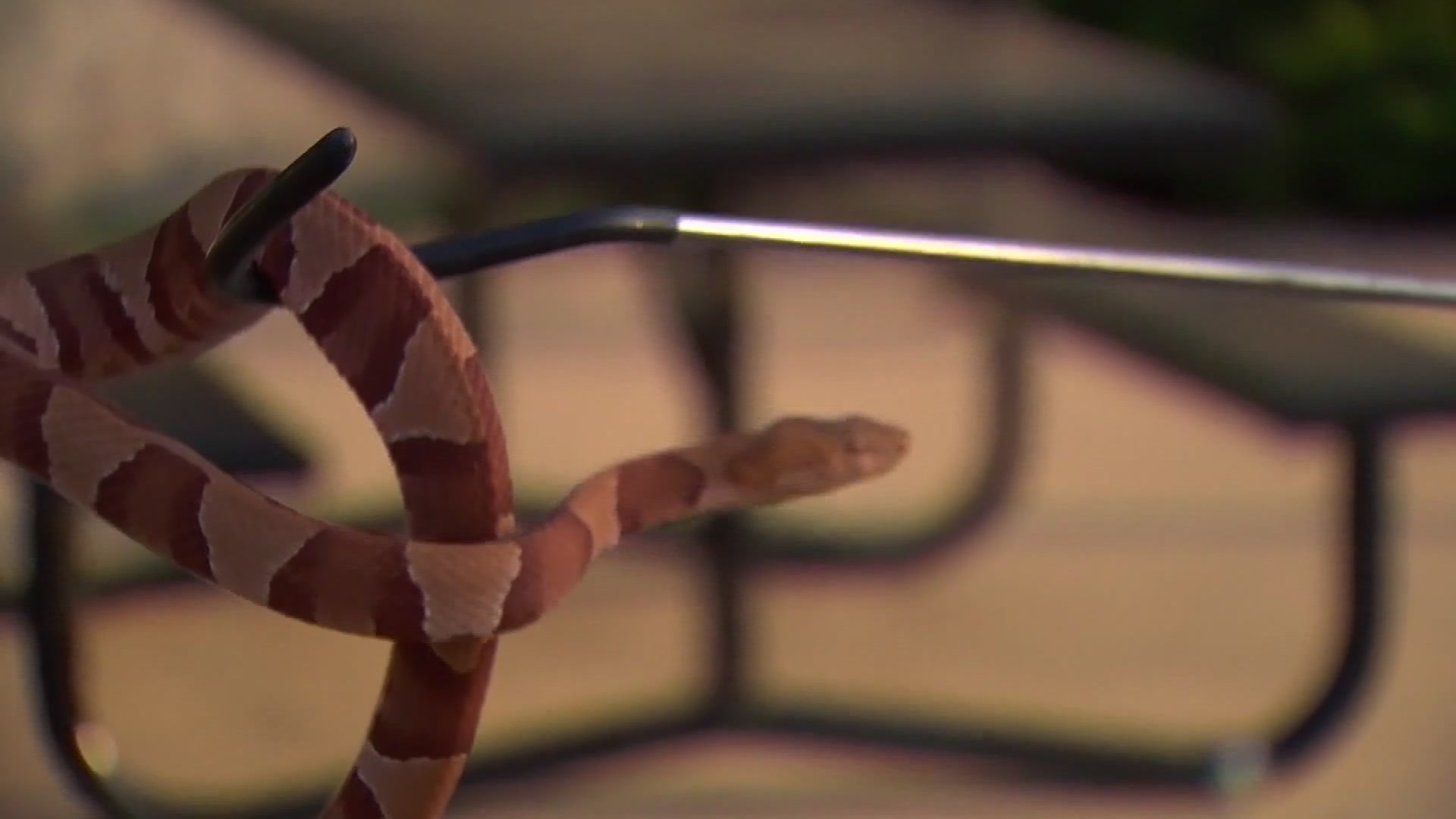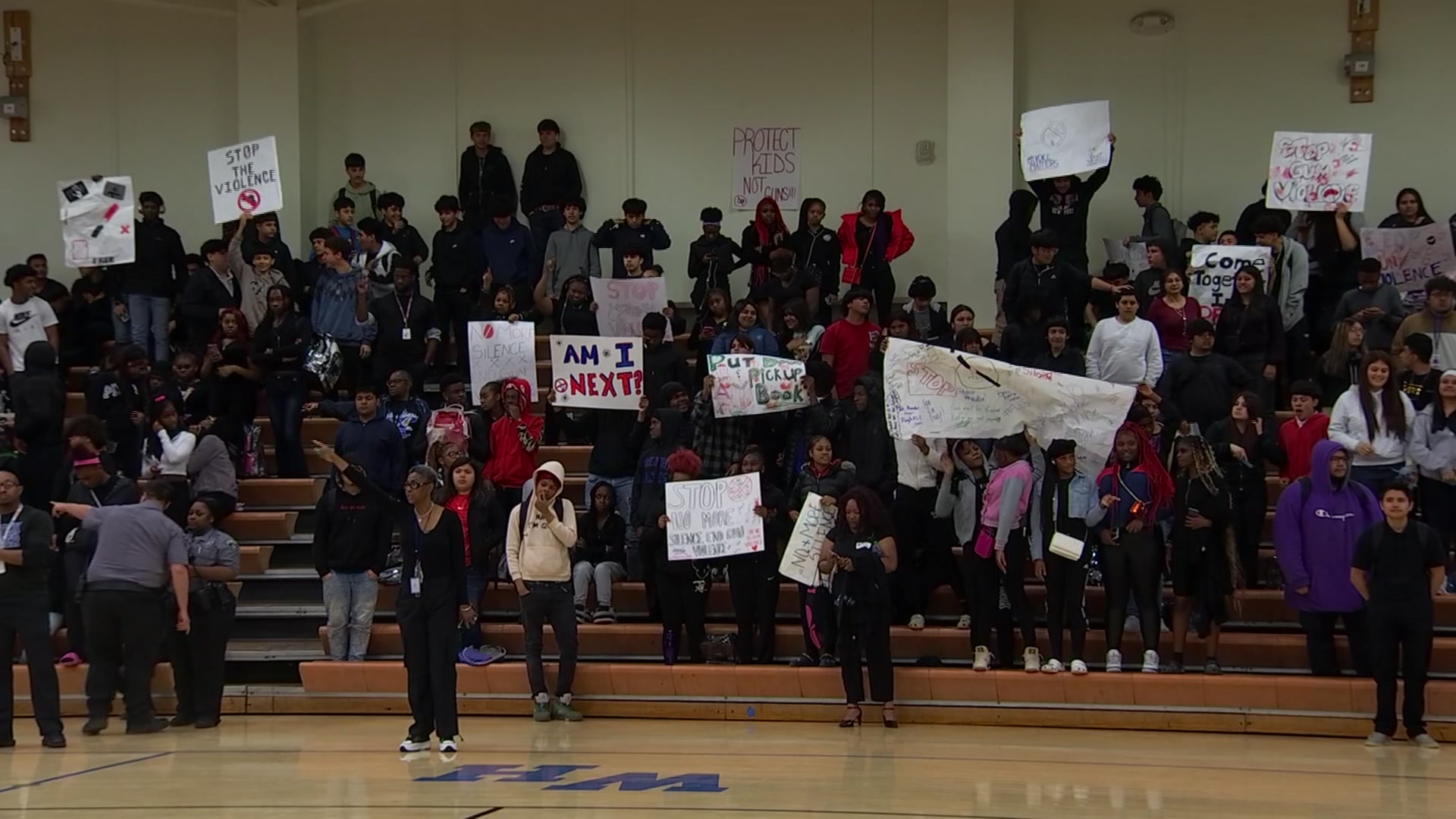One year after the first reported cases of COVD-19 in North Texas, the focus shifts from reflection to on what happens next.
"I did not expect COVID-19 to be here this long or for it to be this widespread," said Parkland Healthcare's Executive Vice President and Chief Clinical Officer Roberto de la Cruz, MD.
With COVID-19 currently the second leading cause of death in Dallas County, De la Cruz says now is the time to lean into lessons learned and move forward.
"A week and a half ago, we were counting numbers and we realized that we had vaccinated more people than we had diagnosed and that was another moment of reflection and celebration!" said De la Cruz.
Get DFW local news, weather forecasts and entertainment stories to your inbox. Sign up for NBC DFW newsletters.
The COVID-19 vaccine is the brightest light of hope but with it comes uncertainty.
Scientists aren't positive how long the antibodies from the current vaccines will protect against the virus.
It's possible people will need an annual shot.
Local
The latest news from around North Texas.
There's also uncertainty in how SARS-CoV-2 will mutate.
"There are millions of people currently infected so this gives the virus incredible opportunity to create new variants, which it's constantly doing all the time," said Dallas County Medical Society's Dr. John Carlo.
Scientists believe the new mRNA technology used to create two of the three COVID-19 vaccines will allow them to easily tweak the vaccines to fight of emerging variants.
The technology may also serve another purpose.
"I think the mRNA vaccine platform actually offers a huge horizon, new frontiers in every other disease that we can think, in terms of things we have been missing, HIV vaccine and others. This is an endless open door that is just beginning in terms of what we've been able to accomplish," said Dr. Carlo.
It's promise of hope on the heels of an unprecedented year of change.
"It's sort of a microcosm of what you see in medicine. It's almost like the life of medicine in one year, which as healthcare providers, we have been just privileged to take a part in and hopefully, our patients will see the fruits of that," said De la Cruz.




